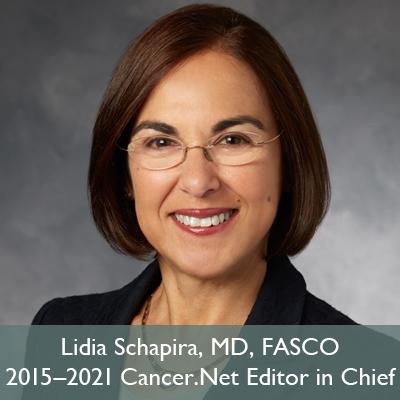
A diagnosis of cancer always comes as a surprise. Life does not prepare any of us for telling our friends and family that we have cancer, and this can be especially difficult for young adults and teenagers. Cancer interrupts their lives at a time when it is least expected. Life goals, perspectives, and identities must adjust to confront a new reality. Without warning or preparation, young adults with cancer need to focus on undergoing treatment while postponing their aspirations and dreams of independence, relationships, school, and careers.
Young adults with cancer often need help from their parents during treatment and even beyond. Parents may need to travel and become caregivers. They often also provide financial assistance for their children during and after treatment. This reliance on their parents is not always easy for teenagers, who are in the process of developing their own identities, or for young adults, who are just beginning to strike out on their own. And when it comes to cancer treatment, these young patients soon realize they don’t fit well into either pediatric or adult cancer units. They have unique developmental and personal needs that are typically not addressed in either setting, and this may lead them to feel isolated when undergoing treatment. There is a growing international trend to build specialized programs for teenagers and young adults embedded within pediatric and/or adult facilities, and even to build specific treatment centers.
There is a growing international trend to build specialized programs for teenagers and young adults embedded within pediatric and/or adult facilities, and even to build specific treatment centers.
The young patients I have treated have all benefited greatly from connecting with their peers through online forums, camps, or conferences. There are a number of resources now available to help young adults to “find their people” and share experiences, stories, and advice. These resources also provide opportunities to participate in outdoor challenges, such as rafting or climbing adventures, that are specifically designed for young cancer survivors. Obviously, we cannot forget about the power of the internet. Without leaving home, young adults can connect with peers through social media and join conversations that feel relevant and helpful.
A critical challenge for teenagers is the transition from pediatric to adult care. When they are ready to move away from home, they are also increasingly mobile, relocating and traveling around the world for education and work opportunities. Fortunately, they are also technology-literate and plugged-in. This helps them collect and store important health information and to use electronic portals for communication with their clinicians. Young adult cancer survivors need follow-up care to monitor persistent side effects of cancer treatment and look for late effects of treatment. It is important to have a doctor who knows about the possible late effects of cancer in young cancer survivors. Making sure the doctor who will manage the young adult’s follow-up care has the medical record and a concise treatment summary helps support this transition.
What are we doing to move the needle for these young patients on Cancer.Net? We used to have separate sections for teens and young adults. But we also know that many teens also consider themselves young adults. We want to give these patients the information they need in the places where they are most likely to find it, so we merged them into one section, called “For Young Adults and Teenagers.” Here are a few more details on this recent site improvement:
-
Expanded content on school and work. The Managing School During and After Cancer page includes information on legal rights and scholarships. The Going to Work During and After Cancer page addresses specific issues like knowing when to share your medical history and information about disability insurance.
-
Family, friends, and intimate relationships are now discussed in more detail on separate pages. Before, these topics were all grouped together onto one page about relationships. Now there is expanded information on dating, sexual health, fertility/preservation, and more.
-
The development and review of this content closely involved the experts on the Survivorship Committee Adolescent and Young Adult (AYA) Task Force of the American Society of Clinical Oncology (ASCO).
Young survivors of cancer are resilient in their recovery after cancer and are perhaps even more naturally optimistic than patients in their parents’ or grandparents’ generation. They can teach us all a good lesson in courage and fortitude as they continue to pursue their passions despite significant and unwanted disruptions caused by cancer. Providing them with a comprehensive, compassionate place to get their cancer information is one of the ways we can help.
